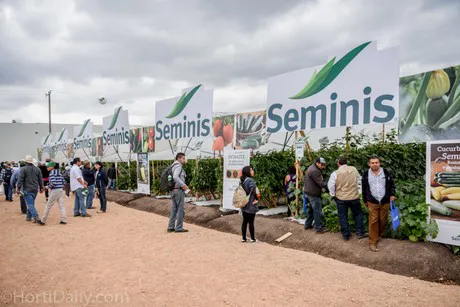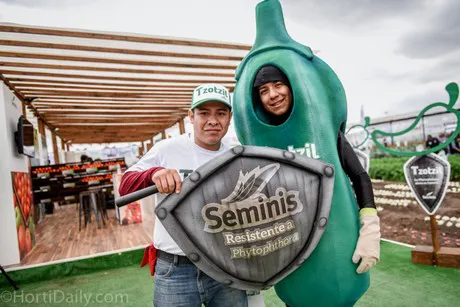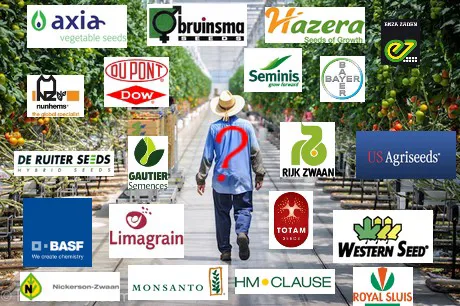Bayer and Monsanto will have to wait for a couple more months, before they can start 'advancing together'. The European Commission has expressed concerns that the super agro-chemical giant will most of all advance the benefits of its shareholders instead of the marketplace. A new investigation will need to determine if the creation of 'BaySanto' will reduce competition in areas such as pesticides, seeds and traits.
The proposed $66 billion acquisition of Monsanto by Bayer would create the world's largest integrated pesticides and seeds company. The European Commission has shared preliminary concerns that the proposed acquisition could reduce competition in a number of different markets, resulting in higher prices, lower quality, less choice and less innovation.
One of the preliminary concerns resulting from the EC's initial market investigation, has to do with Monsanto's glyphosate, the most sold non-selective herbicide in Europe. Bayer produces glufosinate ammonium, also a non-selective herbicide and one of the very few alternatives to glyphosate.
Archive photo: Promotion of Monsanto's Seminis branded Phytopthora resistant cucumbers in Mexico.
Another concern has to do with the breeding of vegetable seeds. The Commission's initial investigation shows that the parties have high combined market shares in a number of these vegetable seeds markets, and that some of their products compete directly with each other. As well as this there is concern over breeding activities in field and row crop like oilseed, cotton seed and wheat. If both companies would merger these activities, there is not many market share or alternatives available for farmers who do not wish to be a BaySanto client.
And a third corner is affiliated to traits. A trait is a characteristic of a plant, such as height, herbicide tolerance and insect or disease resistance, and can be developed in laboratories and introduced in certain plant varieties. Monsanto has a dominant position in several traits markets worldwide. Bayer is one of the few competitors to Monsanto in certain traits markets, and has notably developed alternative herbicide tolerance traits to Monsanto's. The Commission wants to investigate if a merger between the two companies will affect the competitiveness in these markets too.

The transaction was notified to the Commission on 30 June 2017. The Commission now has 90 working days, until 8 January 2018, to make a decision. The opening of an in-depth investigation does not prejudge the final result of the investigation. On 31 July 2017, Bayer and Monsanto submitted commitments to address some of the Commission's preliminary concerns. However, the Commission considered these commitments insufficient to clearly dismiss its serious doubts as to the transaction's compatibility with the EU Merger Regulation. The Commission therefore did not test them with market participants.
Given the worldwide scope of Bayer and Monsanto's activities, the Commission is cooperating closely with other competition authorities, notably with the Department of Justice in the US and the antitrust authorities of Australia, Brazil, Canada and South Africa.
Takeovers and Mergers






